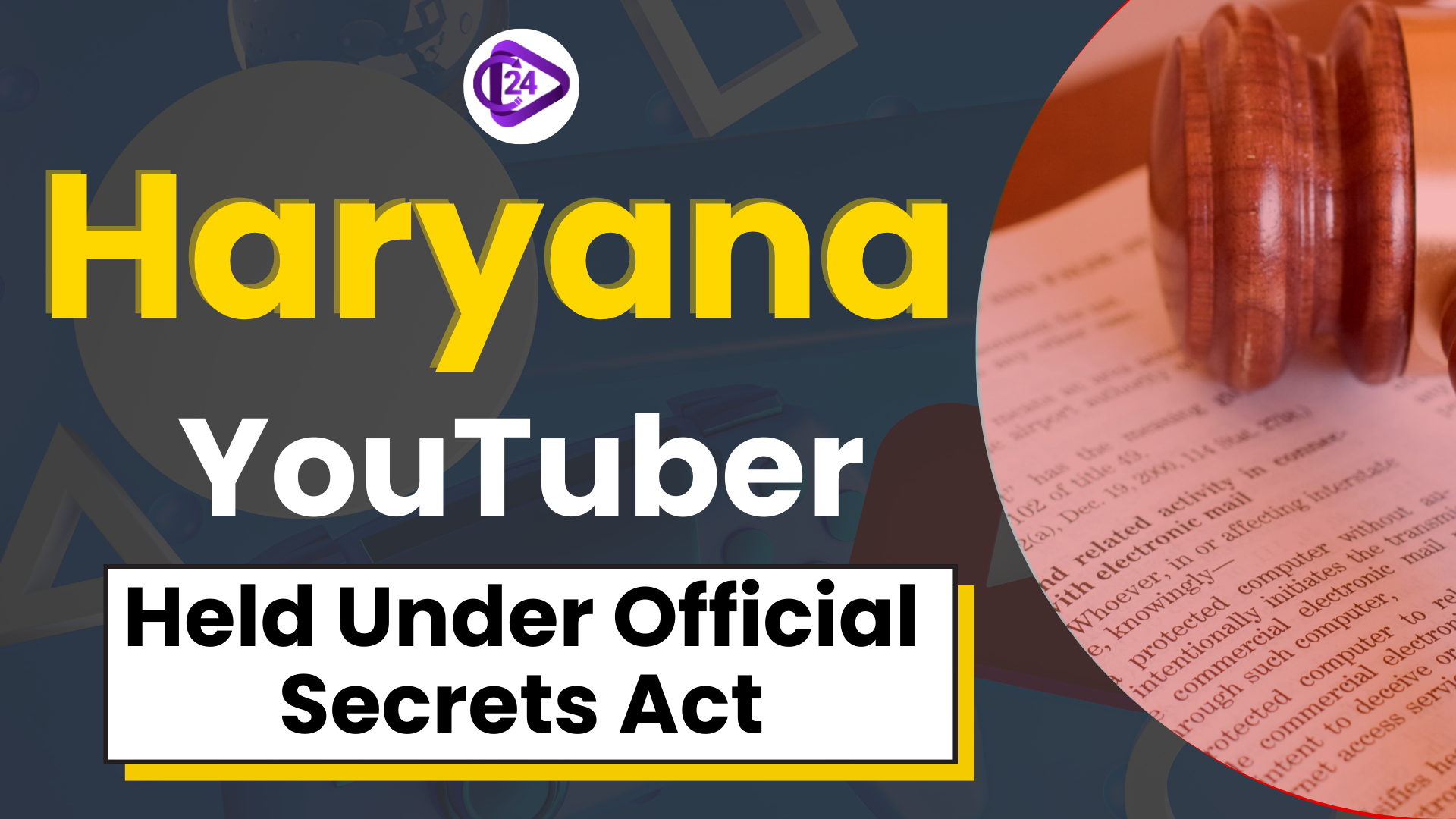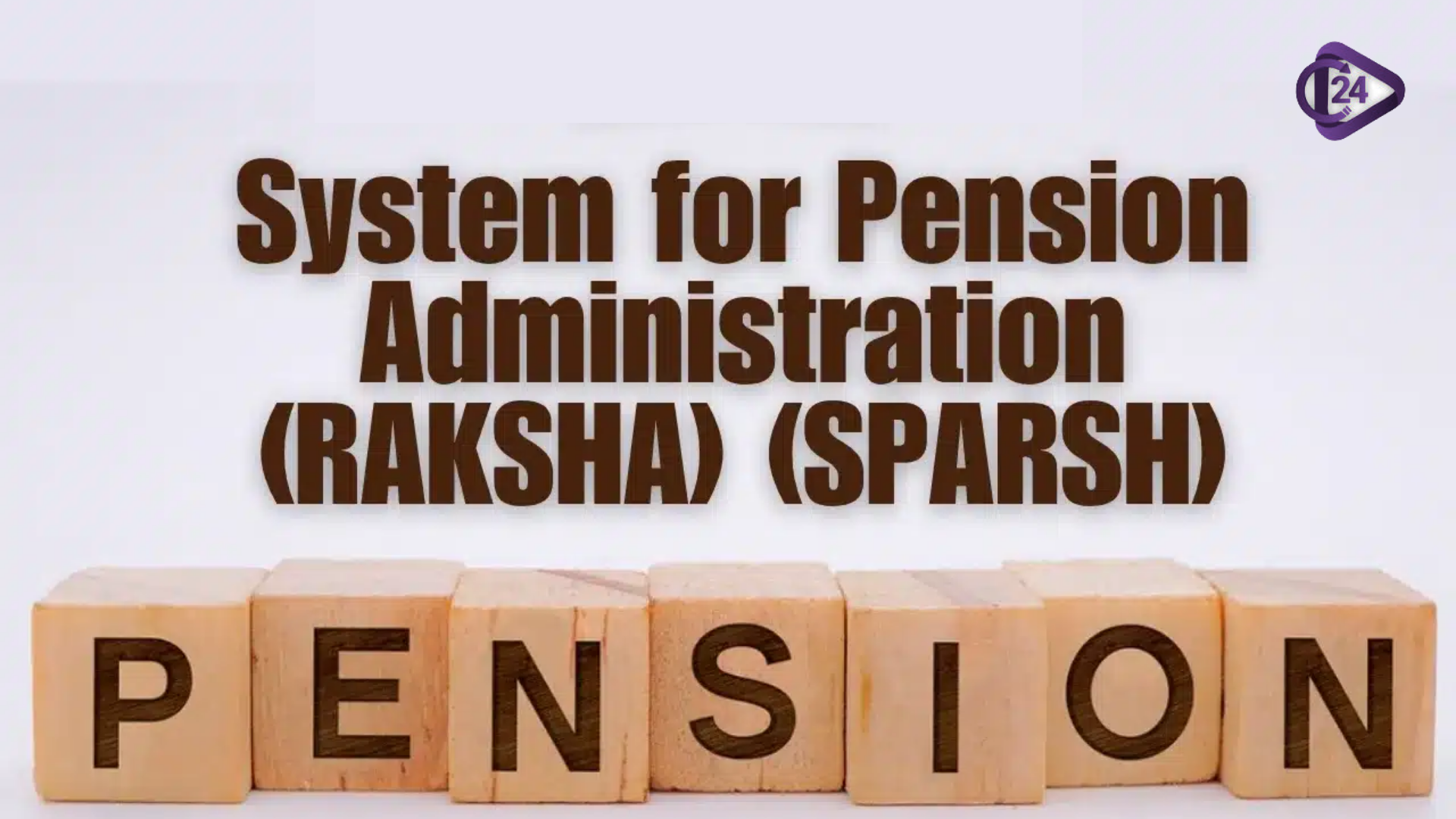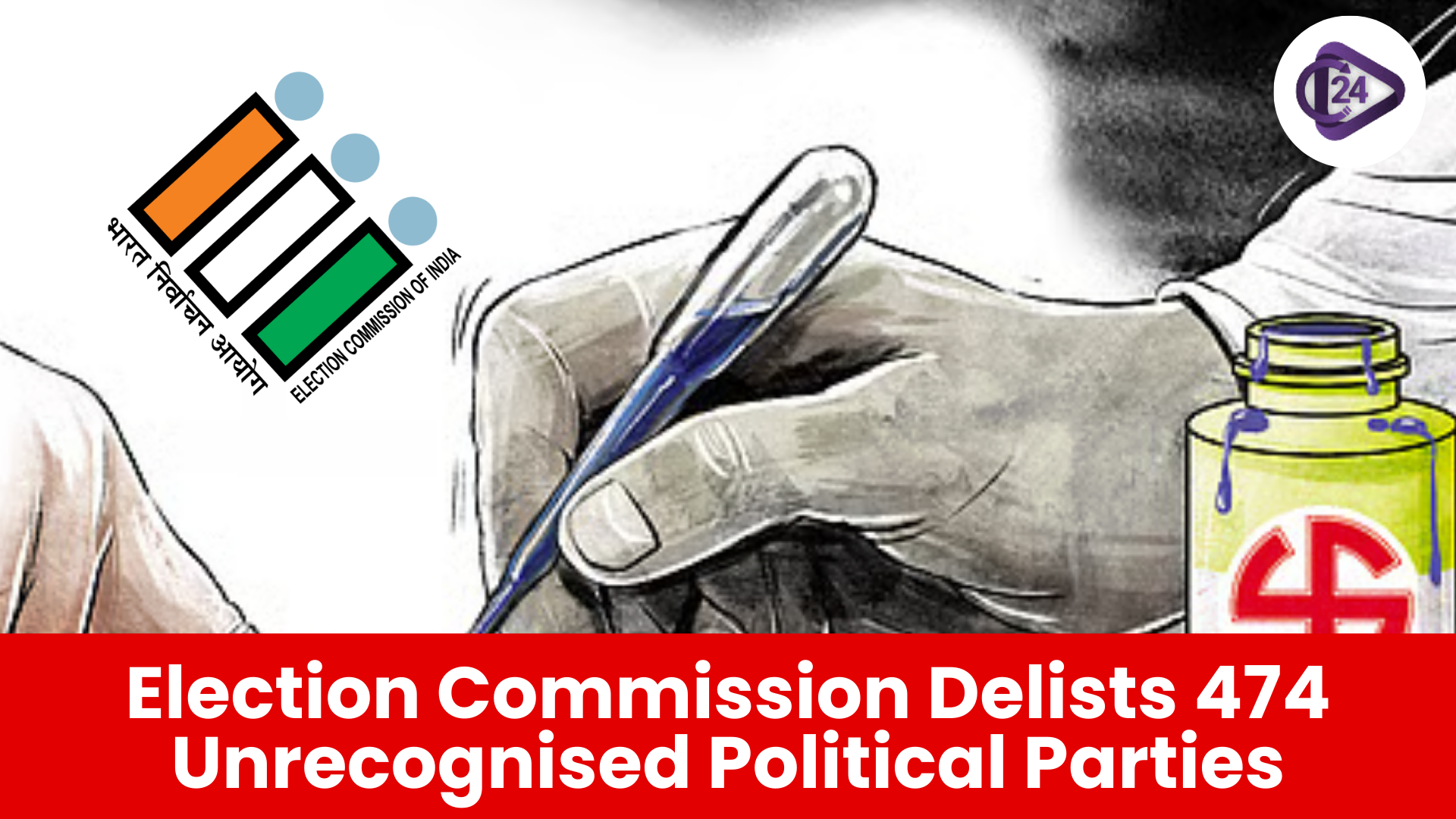
During the ongoing Operation Sindoor, Haryana’s Jyoti Rani was apprehended for giving sensitive information to a Pakistani High Commission official. She was accused under OSA and Section 152 of BNS for acts that could weaken India’s independence. This act was made in 1923 to prevent the spreading of confidential government secrets that could harm national security. The arrest of Jyoti Rani shows how strongly this antiquated law is applied to defend India’s sovereignty from secret information from outside.
Details:
-
The Official Secrets Act was created in 1923.
-
Formulated under the rule of Britain, based on their OSA 1911 legislation.
-
Hides secrets of the government, military and intelligence community from being leaked.
-
Should be considered by all individuals on the unknown list with classified information, including government officials, civilians and foreign nationals.
Key Provisions:
-
Protects secret codes, passwords, maps, documents and various types of military plans used by the government.
-
Makes spying, false communication, counterfeiting and unapproved uniforms illegal.
-
It covers any activity that endangers the country or helps its enemies.
Penalties:
-
If the offence concerns defence matters, you can receive up to 14 years in prison; otherwise, you could serve up to 3 years.
-
Misleading messages: At most 3 years in prison and a fine.
-
Being involved or encouraging the commission of an offense: Considered as the principal offense.
Authorities’ Powers:
-
Can search, seize papers and handle prosecutions in private for reasons involving national interests.
Under BNS Section 152, there are additional charges.
-
Handles instances where someone attempts to threaten the country’s unity such as supporting the separation of regions or starting a rebellion.
-
Punishment could result in life imprisonment or a term of up to 7 years, as well as a fine.
-
It is acceptable to suggest reform of the law when done peacefully.
Conclusion:
The reason for the Official Secrets Act, 1923, is to stop security threats with a ban on spying and on exposing confidential information. The arrest of a War Crime suspect demonstrates that preserving national and international security is still essential, yet individuals are able to express their opinions legally.
UPSC Prelims Practice Question
Q. With reference to the Official Secrets Act (OSA), 1923, consider the following statements:
-
The Act applies only to government officials who have access to classified information.
-
The maximum punishment under the Act for defence-related offences can extend up to 14 years of imprisonment.
-
The Act empowers authorities to conduct searches and seizures without a warrant.
-
Section 152 of the Bharatiya Nyaya Sanhita (BNS) deals with offences related to promoting secession and rebellion.
Which of the statements given above are correct?
A) 1 and 2 only
B) 2 and 4 only
C) 2, 3 and 4 only
D) 1, 3 and 4 only



 New Finless Snake Eel Species Apterichtus kanniyakumari Discovered off Tamil Nadu Coast
New Finless Snake Eel Species Apterichtus kanniyakumari Discovered off Tamil Nadu Coast 71st National Film Awards 2025: Shah Rukh, Rani & Arijit Singh Shine
71st National Film Awards 2025: Shah Rukh, Rani & Arijit Singh Shine Sai Pallavi, Anirudh, S.J. Suryah to Receive Kalaimamani Awards
Sai Pallavi, Anirudh, S.J. Suryah to Receive Kalaimamani Awards Bihar Governor Arif Mohammad Khan Inaugurates International Literature Festival 'Unmesh' in Patna
Bihar Governor Arif Mohammad Khan Inaugurates International Literature Festival 'Unmesh' in Patna Why Bihar Congress is Protesting the Adani Project: A Breakdown
Why Bihar Congress is Protesting the Adani Project: A Breakdown Education Ministry to Hold Virtual Buildathon Contest for Students from Classes 6 to 12
Education Ministry to Hold Virtual Buildathon Contest for Students from Classes 6 to 12 System for Pension Administration – Raksha (SPARSH)
System for Pension Administration – Raksha (SPARSH) Election Commission Delists 474 Unrecognised Political Parties
Election Commission Delists 474 Unrecognised Political Parties Clean Plant Programme: India’s Step Towards Disease-Free Horticulture
Clean Plant Programme: India’s Step Towards Disease-Free Horticulture Sarnath Nominated for UNESCO World Heritage List 2025-26
Sarnath Nominated for UNESCO World Heritage List 2025-26






